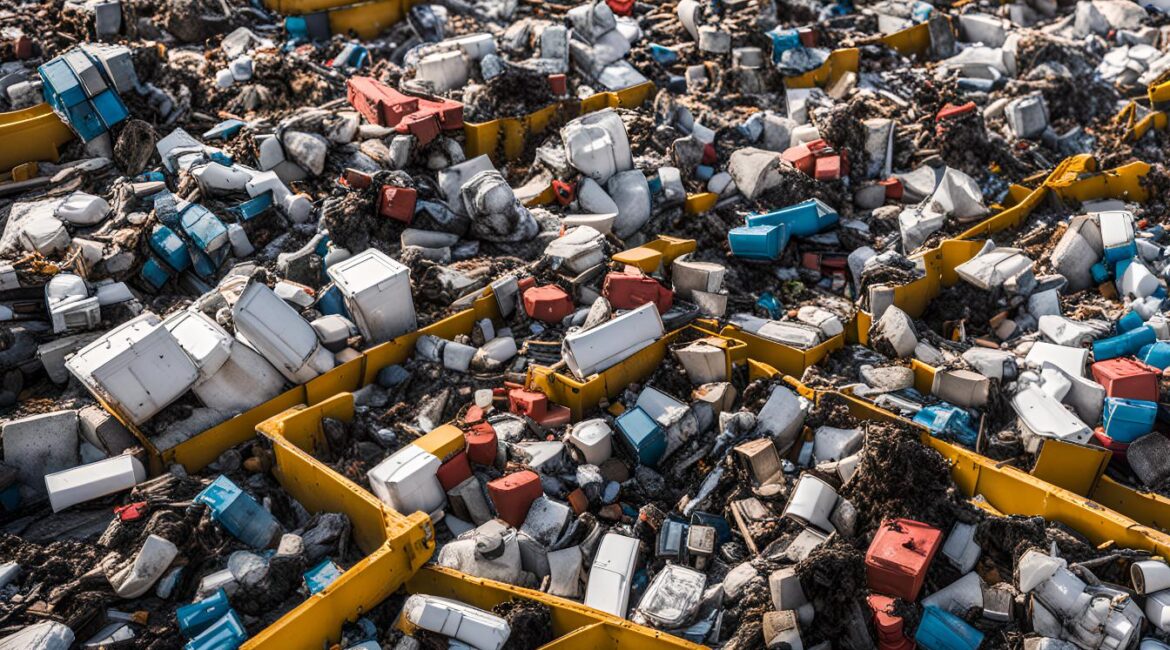Landfills are a growing environmental concern due to their significant contribution to climate change and pollution. Methane, a greenhouse gas 84 times more potent than carbon dioxide, is a byproduct of decomposing waste in landfills and a major driver of climate change. In the U.S., landfills account for 15.1% of human-related methane emissions, making them the third-largest source after agriculture and fossil fuels. This methane not only accelerates global warming but also poses fire hazards, as dry conditions and excess air can spark dangerous landfill fires that are difficult to extinguish.
Leachate, the toxic liquid that seeps from landfills, presents another challenge by polluting water sources and harming both the environment and public health. This issue is particularly severe in older landfills that lack modern protective measures, such as liners or geomembranes.
Communities near landfills are at risk of exposure to hazardous substances, especially during extreme weather events that can cause these toxic sites to leak chemicals like lead and arsenic into nearby neighborhoods. Additionally, landfills occupy vast amounts of land, destroying natural habitats and making it harder to find new waste disposal sites as space becomes increasingly limited.
Artificial intelligence (AI) offers innovative solutions to these problems. AI systems can help detect methane leaks using sensors and satellite imagery, enabling timely intervention to reduce emissions. It also aids in monitoring and managing leachate levels, preventing contamination of surrounding water bodies. AI-powered robots can even sort recyclable materials more efficiently, reducing the amount of waste sent to landfills.
By integrating AI into waste management, we can not only mitigate the environmental impacts of landfills but also optimize space, promote recycling, and protect public health. The future of waste management lies in embracing AI technologies to create sustainable, data-driven solutions for our planet.

